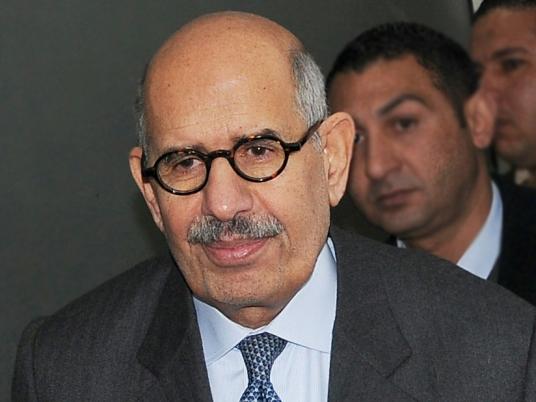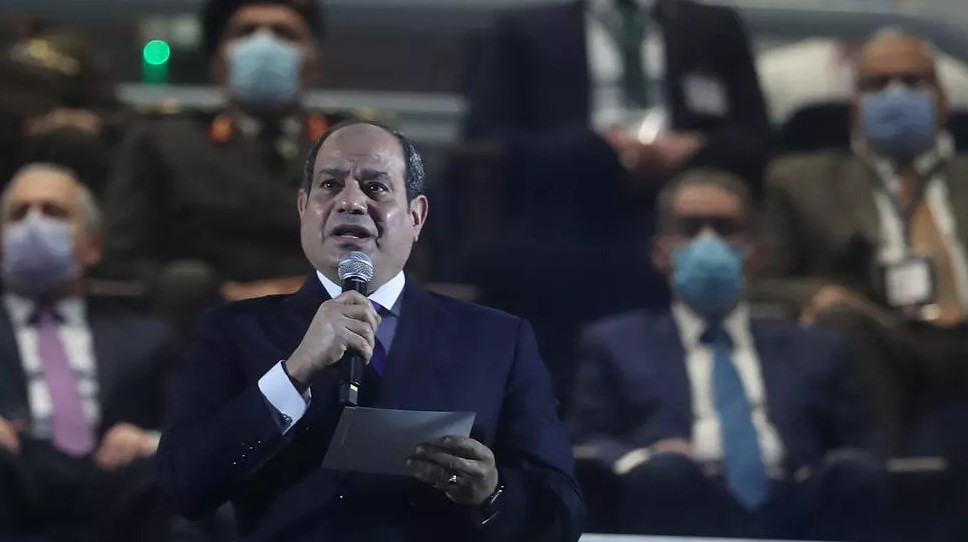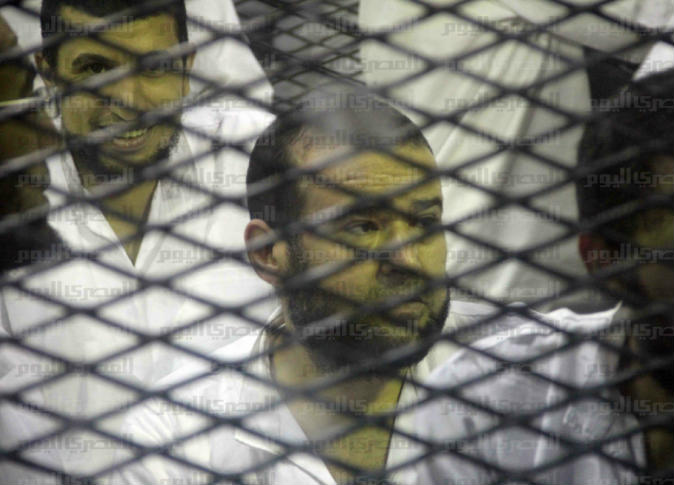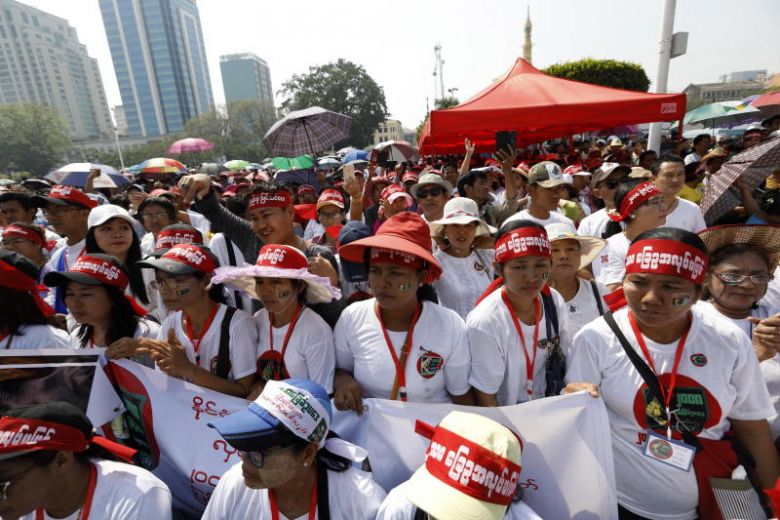Egyptian President Hosni Mubarak on Thursday rejected opposition calls to amend the constitution, warning against possible “chaos,” in his first speech since returning to Cairo.
Mubarak, who turned 82 two days ago, arrived in the capital this week from the Red Sea resort of Sharm el-Sheikh, where he convalesced after undergoing gallbladder surgery in Germany in March.
In his first live speech to an audience since the operation, Mubarak said at a Workers’ Day celebration that Egypt’s “current delicate circumstances do not allow room for those who fuse change with chaos.”
Those that are “jeopardizing” Egypt’s future, Mubarak warned, “must not ignore the people’s endorsement of constitutional amendments since 2005, and the need for the constitution to be stable and firm.”
Mubarak, however, welcomed what he described as “the energetic interactions of Egypt’s forces,” stressing that he remained committed to pursuing political reform and supported an independent judiciary and free elections.
The president also challenged newly emerging opposition movements to explain their political programs, stressing that “slogans and mottoes are not sufficient bases for winning voters’ trust.”
“They should work hard to convince the people with clear visions to solve their problems,” he said, saying that these groups lacked programs on investment, employment, combating terrorism and foreign policy.
Mubarak’s remarks are believed to have targeted Mohamed ElBaradei–former director of the International Atomic Energy Agency and possible presidential candidate–and his National Association for Change, which has emerged as the most serious contender to Mubarak’s nearly three-decade-long grip on political power.
ElBaradei has called for the amendment of Articles 76, 77 and 88 of Egypt’s Constitution, which is widely seen by independent observers as favoring the chances of the ruling National Democratic Party’s candidate to the 2011 presidential elections.
Last March, Mubarak said that the 67-year-old Noble Peace Prize laureate could run for presidency if he abided by the constitution, stressing that Egypt did not need a “national hero or a savior.”
According to the Constitution, an independent candidate must garner the endorsement of at least 250 members of the country’s elected bodies–a condition seen as virtually unattainable for anybody outside the NDP.
Last month, Egypt’s security forces cracked down on hundreds of ElBaradei supporters who staged demonstrations in downtown Cairo to demand constitutional changes and an end to the 29-year-old Emergency Law.
During his nearly 25-minute speech, Mubarak pledged that upcoming parliamentary and presidential elections would be “free and have integrity.”
A parliamentary election is to be held later this year, followed early next year by presidential races. Mubarak, who has ruled Egypt since 1981, has yet to announce whether or not he plans to stand again.
On the labor front, Mubarak ignored demands to pressure the government to implement a 30 March court ruling to set a new national minimum wage, up from the LE35 per month established in 1984.
“Reviewing the wage structures must be in accordance with the productivity levels,” he said in response to opposition demands that workers’ salaries be adapted to reflect rising inflation levels, which have remained above 10 percent for the last three years.
On Sunday, hundreds of workers and activists protested in downtown Cairo calling for a new, LE1200-per-month minimum wage, equivalent to the UN-established poverty line standard of US$2 a day for a family of four.
Egypt




